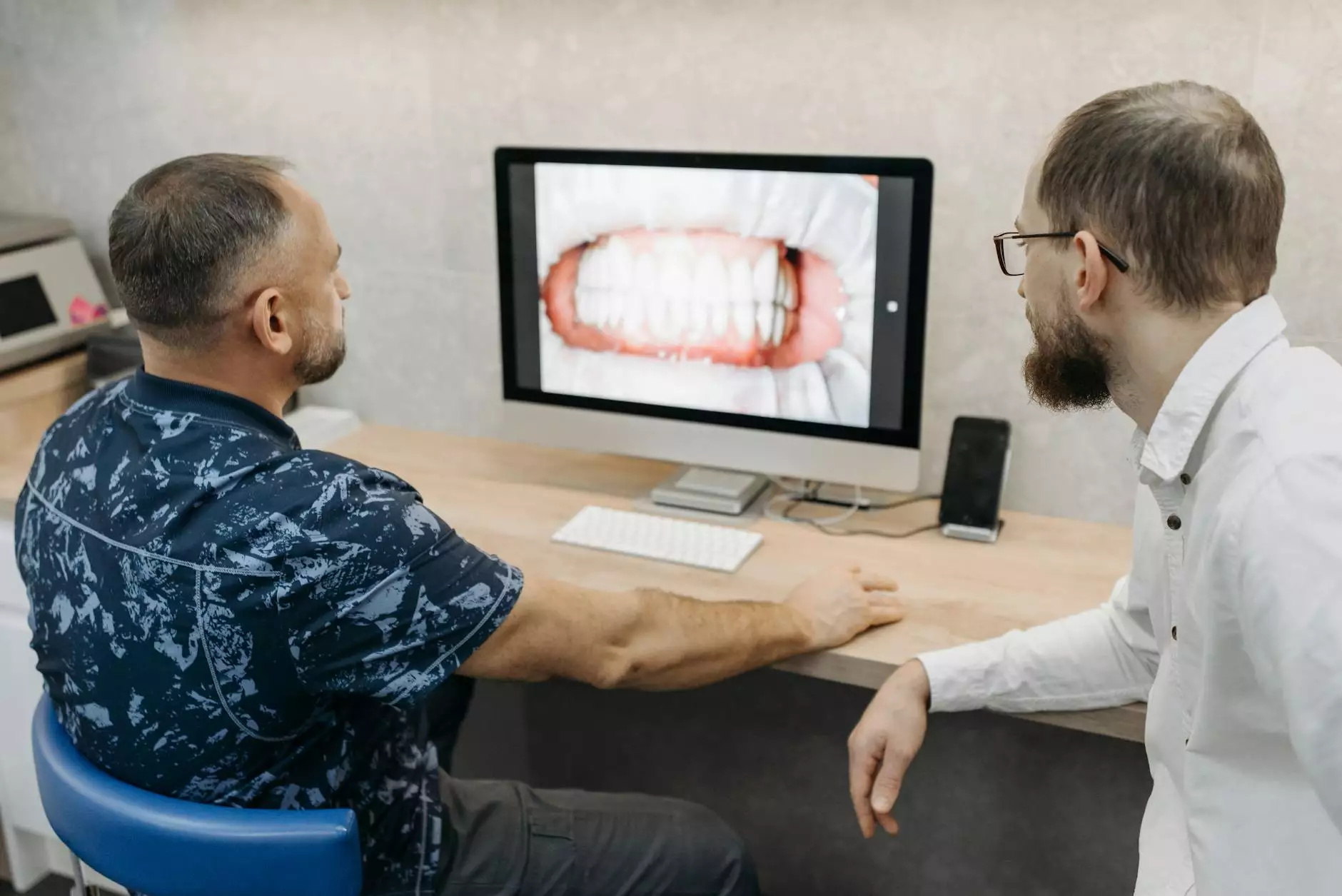Dental Health: The Crucial Role of the Lower Jaw

When it comes to maintaining optimal dental health, many patients often overlook the significance of the lower jaw. This integral component of our oral anatomy is not just for aesthetics; it plays a vital role in chewing, speaking, and supporting facial structure. In this article, we will explore the various aspects of the lower jaw, its importance in dental health, common issues related to it, and how our Dental Hospital in Chennai can help.
Understanding the Anatomy of the Lower Jaw
The lower jaw, or mandible, is the largest and strongest bone in the human face. It holds the lower teeth and forms the chin. The mandible connects with the temporal bone of the skull at the temporomandibular joint (TMJ), allowing for the movement necessary for chewing and speaking. A thorough understanding of this anatomy is crucial for both patients and dental professionals.
Components of the Lower Jaw
- Body of the Mandible: This is the horizontal part that contains the lower teeth.
- Ramus: The vertical portion that connects the jaw to the skull.
- Angle: The area where the ramus meets the body of the mandible.
- Condyle: The rounded end that forms the TMJ with the skull.
The Importance of the Lower Jaw in Daily Life
The lower jaw's functionality extends beyond just being a supportive structure for teeth. Its health directly influences our quality of life in various ways:
1. Chewing and Digestion
The primary function of the lower jaw is to enable the chewing of food. Proper alignment and strength of the mandible ensure that food is adequately broken down, facilitating effective digestion. Issues such as misalignment can lead to severe challenges in this basic yet essential function.
2. Speech
Articulation of words greatly depends on the movement of the lower jaw. A healthy jaw allows for clear pronunciation, while dysfunction can lead to speech impediments. Those needing interventions such as orthodontics should consider these aspects carefully.
3. Aesthetic Appearance
The lower jaw plays a critical role in the overall aesthetic of the face. It influences facial symmetry and profile. Issues such as overbite or underbite can lead to dissatisfaction with one’s appearance, affecting self-esteem and social interactions.
Common Issues Affecting the Lower Jaw
Despite its importance, numerous issues can arise related to the lower jaw, impacting both functionality and quality of life. Some common problems include:
1. Temporomandibular Joint Disorders (TMJD)
TMJD occurs when there is a problem with the jaw joint or the muscles surrounding it. Symptoms may include:
- Pain in the jaw or around the ear
- Difficulty opening or closing the mouth
- Jaw clicking or popping sounds
2. Malocclusion
Malocclusion refers to the misalignment of teeth and jaws, leading to bite issues. It can result in chewing discomfort, dental wear, and increased decay risk. Treatment may involve braces or other orthodontic procedures to realign the jaw properly.
3. Fractures and Injuries
Injuries to the lower jaw can occur due to trauma, sports injuries, or accidents. These fractures require immediate medical attention to prevent long-term functional issues.
4. Osteonecrosis
This condition involves death of bone tissue due to decreased blood flow, often affecting the jawbone. It's particularly critical to address for individuals undergoing dental procedures or treatments.
Diagnostic Procedures for Lower Jaw Issues
Identifying issues with the lower jaw typically involves a comprehensive evaluation. At our Dental Hospital in Chennai, we provide a range of diagnostic services:
1. Clinical Examination
The first step often includes a thorough clinical exam to assess the health of the jaw and surrounding areas. Dentists look for signs of swelling, pain, or misalignment.
2. Imaging Tests
- X-rays: Essential for viewing the bone structure and detecting any fractures or anomalies.
- CT Scans: Provide a detailed 3D view of the jaw and TMJ, helping diagnose complex issues.
Treatment Options for Lower Jaw Problems
Once diagnosed, various treatment options are available depending on the specific issue:
1. Non-Surgical Treatments
For conditions like TMJD or mild malocclusions, non-invasive approaches can be effective. These may include:
- Physical Therapy: Focusing on jaw exercises to strengthen muscles and improve movement.
- Occlusal Splints: Dental appliances that help maintain proper jaw alignment and reduce strain on the joint.
- Pain Management: Medications or therapies to alleviate discomfort.
2. Surgical Treatments
In cases of severe malocclusion, fractures, or joint disorders, surgery may be necessary. Surgical options include:
- Jaw realignment surgery (Orthognathic Surgery): This procedure corrects misaligned jaws for better function and aesthetics.
- TMJ replacement: In severe cases of TMJD, replacing the joint may be required.
3. Orthodontic Treatments
Braces, retainers, and other orthodontic devices play a crucial role in correcting alignment issues, improving both function and appearance.
Preventive Care for a Healthy Lower Jaw
Preventive measures are vital for ensuring long-term health of the lower jaw and its associated structures. Here are some actionable tips:
1. Regular Dental Check-ups
Routine visits to your dentist for check-ups can help detect potential issues early on, allowing for timely intervention.
2. Maintaining Oral Hygiene
Practicing good oral hygiene with proper brushing and flossing reduces the risk of dental problems that could affect the jaw.
3. Using Mouthguards
For athletes, wearing mouthguards during contact sports protects against jaw injuries. Additionally, night guards can benefit those who grind their teeth during sleep.
Conclusion
The lower jaw is much more than just a structural component of the face; it is pivotal for many functions that contribute to our quality of life. Recognizing and addressing issues related to the lower jaw can significantly enhance not only dental health but also overall well-being. If you are experiencing any discomfort or have questions about your dental health, we encourage you to visit our Dental Hospital in Chennai for expert guidance and care.
Investing in your dental health ensures a happier, healthier life. Remember, early intervention is key to maintaining a beautiful smile and a fully functioning lower jaw.









